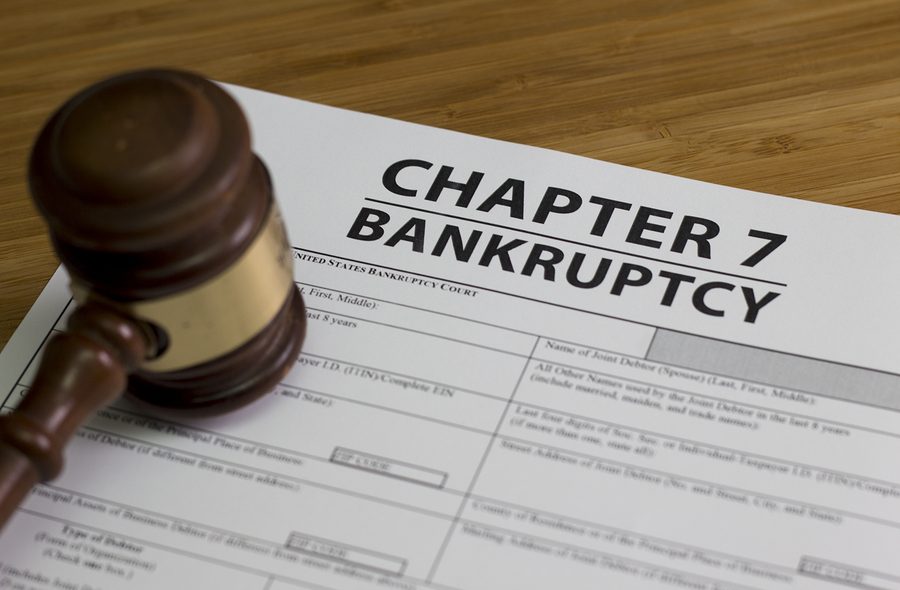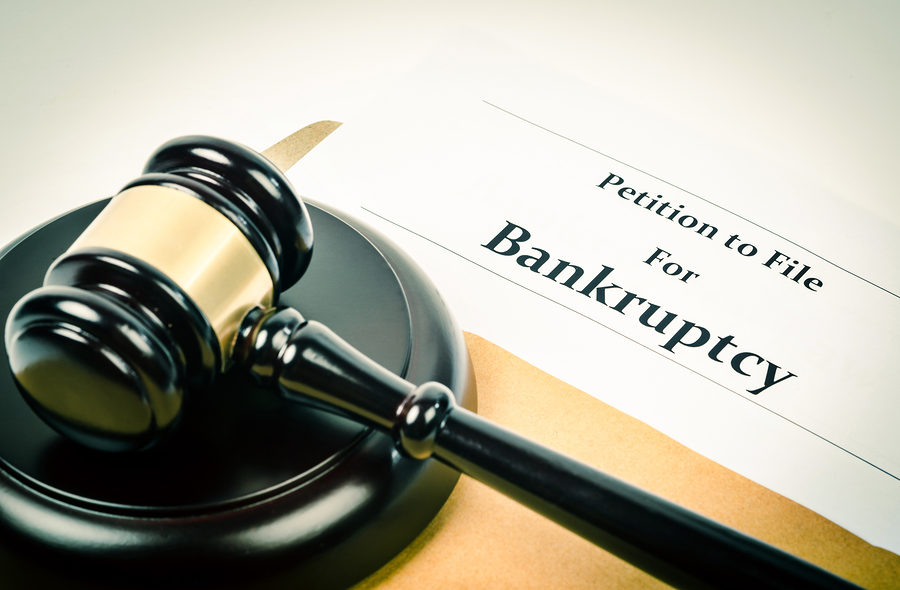One of the most important assets someone going through a bankruptcy case wants to protect, aside from retirement accounts or their home, are their bank accounts. After all, no one wants to lose all the cash they have available to pay for daily expenses. How money in a bank account can be protected depends heavily, however, on the type of bankruptcy exemptions used and what planning was done pre-bankruptcy to protect that money.
One of the benefits of filing for bankruptcy involves the automatic stay, a measure that goes into effect as soon as the bankruptcy case is filed. This automatic stay puts a halt to any collection proceedings or efforts, giving the filer reprieve from the continuous calls and communications from creditors seeking to receive payment on their debts.
Are the Funds Exempt?
In any bankruptcy case, certain property is protected from being liquidated and used to pay off qualifying debts. This practice is done through bankruptcy exemptions. In a Chapter 7 bankruptcy case, the bankruptcy trustee cannot take this exempt property to pay off debts. While the bank account itself is not necessarily exempt, the money in that account could be protected if it qualifies under one of Florida’s bankruptcy exemptions. After all, Florida has quite generous bankruptcy exemptions, when compared to other states.
If you own a home, you will likely find Florida’s bankruptcy exemptions quite favorable. You can exempt all the equity in a residential property that meets Florida’s guidelines. In addition, Florida has unlimited exemptions for annuities and the cash surrender value of a life insurance policy.
Money in the account that is from wages from the head of family is exempt up to $750 per week or the greater of 75 percent or 30 times the federal minimum wage. Under Florida Statute §222.11, this money includes paid or unpaid wages during the last six months. Additionally, any money that is income for a person other than the head of family is also protected up to 75 percent or 30 times the federal minimum wage, whichever is the greatest of the two. Additionally, if you are a federal government employee, pension payments that are needed for support and were received for up to three months before the bankruptcy filing are exempt.
Pre-Bankruptcy Planning
If any funds are not otherwise covered by a bankruptcy exemption, they could be protected through pre-bankruptcy planning. However, this planning must be done with caution and properly so a bankruptcy attorney should be consulted before any actions are taken. Bankruptcy laws allow you to take property that would not be exempt and convert it into exempt property, so long as you are acting in “good faith.” The key here is to act in good faith. Bankruptcy filers who conceal or hide their assets in hopes of fooling the bankruptcy court, will result in the case being thrown out due to bankruptcy fraud. It is for this reason that you should proceed with caution when doing any pre-bankruptcy planning.
One possible method of converting nonexempt cash into an exempt asset before filing is to pay your mortgage down, especially considering Florida’s generous homestead exemption. You may also make an annual contribution to your retirement account or other retirement funds with any nonexempt cash to ensure that it goes to an asset that is protected. Money can also be used to pay down debts that would not be discharged in bankruptcy, including child support, spousal support, taxes, and student loan debt. Ensure your balance is low by using your funds to pay necessary bills before you file.
If you use any money that would be nonexempt to buy assets that would be considered luxury items or unnecessary or extravagant expenses, you could face civil and criminal penalties for your actions. The bankruptcy court will look carefully at whether you misrepresented your asset values, whether the investment or property purchased was worth less than the money you used to purchase it, whether the assets were given to a family member or friend with whom you have a close relationship, and whether your lifestyle radically changed as a result of the purchase.
When filing for bankruptcy, you will be required to disclose all asset transfers made outside of the ordinary course of business within 90 days before filing the petition. Any transfers made to a friend or relative within one year of filing must also be disclosed.
Please click here to read more.
If you have questions on this topic or are in financial crisis and considering filing for bankruptcy, contact an experienced Miami bankruptcy attorney who can advise you of all of your options. As an experienced CPA as well as a proven bankruptcy lawyer, Timothy Kingcade knows how to help clients take full advantage of the bankruptcy laws to protect their assets and get successful results. Since 1996 Kingcade Garcia McMaken has been helping people from all walks of life build a better tomorrow. Our attorneys’ help thousands of people every year take advantage of their rights under bankruptcy protection to restart, rebuild and recover. The day you hire our firm, we will contact your creditors to stop the harassment. You can also find useful consumer information on the Kingcade Garcia McMaken website at www.miamibankruptcy.com.
Source:
https://www.nolo.com/legal-encyclopedia/florida-bankruptcy-exemptions-property-assets-bankruptcy.html



